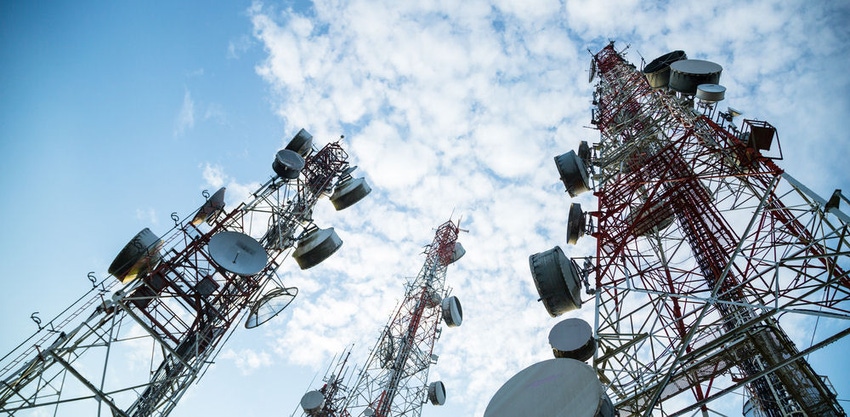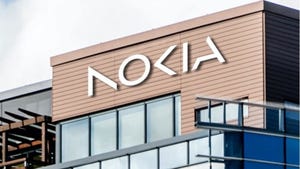The two largest Belgian CSPs have announced a wholesale swap-out of Huawei gear in their RAN, in favour of Nokia.
October 9, 2020

The two largest Belgian CSPs have announced a wholesale swap-out of Huawei gear in their RAN, in favour of Nokia.
Both Proximus and Orange Belgium are currently heavily invested in Huawei for their radio access network, which they share. After a supposedly ‘thorough competitive process, based on technological, operational and financial criteria,’ (both operators used that exact language in their respective press releases) they concluded that they wanted nothing more to do with the embattled Chinese vendor.
The big beneficiary is Nokia, which now gets the whole RAN gig for the combined network. Not only is this a big win for Nokia in its own right, but it also marks a significant competitive victory over Ericsson, which is usually considered the stronger RAN player. As a consolation prize Ericsson gets the 5G core work, which seems to just be a continuation of its existing deals anyway.
“The decision to collaborate with Nokia and Ericsson is crucial in the execution of our network strategy,” said Proximus CTO Geert Standaert. “Together, we will work hard to build a best-in-class, open, reliable and sustainable mobile network to the benefit of the whole country. Along with the strong acceleration of our fiber roll-out, this modernization will help us realize our ambition to build the best Gigabit network for Belgium.”
“We are thrilled to start a new partnership with Nokia to roll out a best-in-class, energy-efficient and future-proof mobile radio access network in Belgium, based on the core network provided by Ericsson, in order to ensure the best user experience for residential and business customers, be it on 2G, 3G, 4G or 5G,” said Xavier Pichon, CEO of Orange Belgium.
“We are proud to support Orange Belgium in building a cutting-edge Single RAN and 5G network in Belgium,” said Tommi Uitto, President of Nokia Mobile Networks. “As the sole radio supplier for this 5G network evolving to stand alone mode, we are providing Nokia’s AirScale radio covering the whole 3.5 Ghz spectrum, offering ultra-broadband to Orange subscribers. He said similar stuff about Proximus.
“The core is a crucial part of any network,” insisted Ericsson’s President of Europe and Latin America. “With decades of experience and live 5G networks all over the world, Proximus has chosen Ericsson to deliver reliable, sustainable and secure connectivity. Our cloud-native solutions mean an efficient transition to a future-proof network, and with our leading 5G portfolio, we are ready to support the market leaders in Belgium to deliver 5G.” We could find no Ericsson comment on the Orange deal.
While Ericsson will be licking its wounds, this is clearly another nail in the coffin for Huawei in Europe. All it can offer in response is its now standard canned comments about loving competition, which are about as convincing as the Proximus and Orange insistence that this was a purely competitive process. Nokia may have beaten Ericsson on merit but, as Light Reading notes, security and politics will have played a mayor part in the decision to ditch Huawei.
About the Author(s)
You May Also Like








.png?width=300&auto=webp&quality=80&disable=upscale)


_1.jpg?width=300&auto=webp&quality=80&disable=upscale)


.png?width=800&auto=webp&quality=80&disable=upscale)